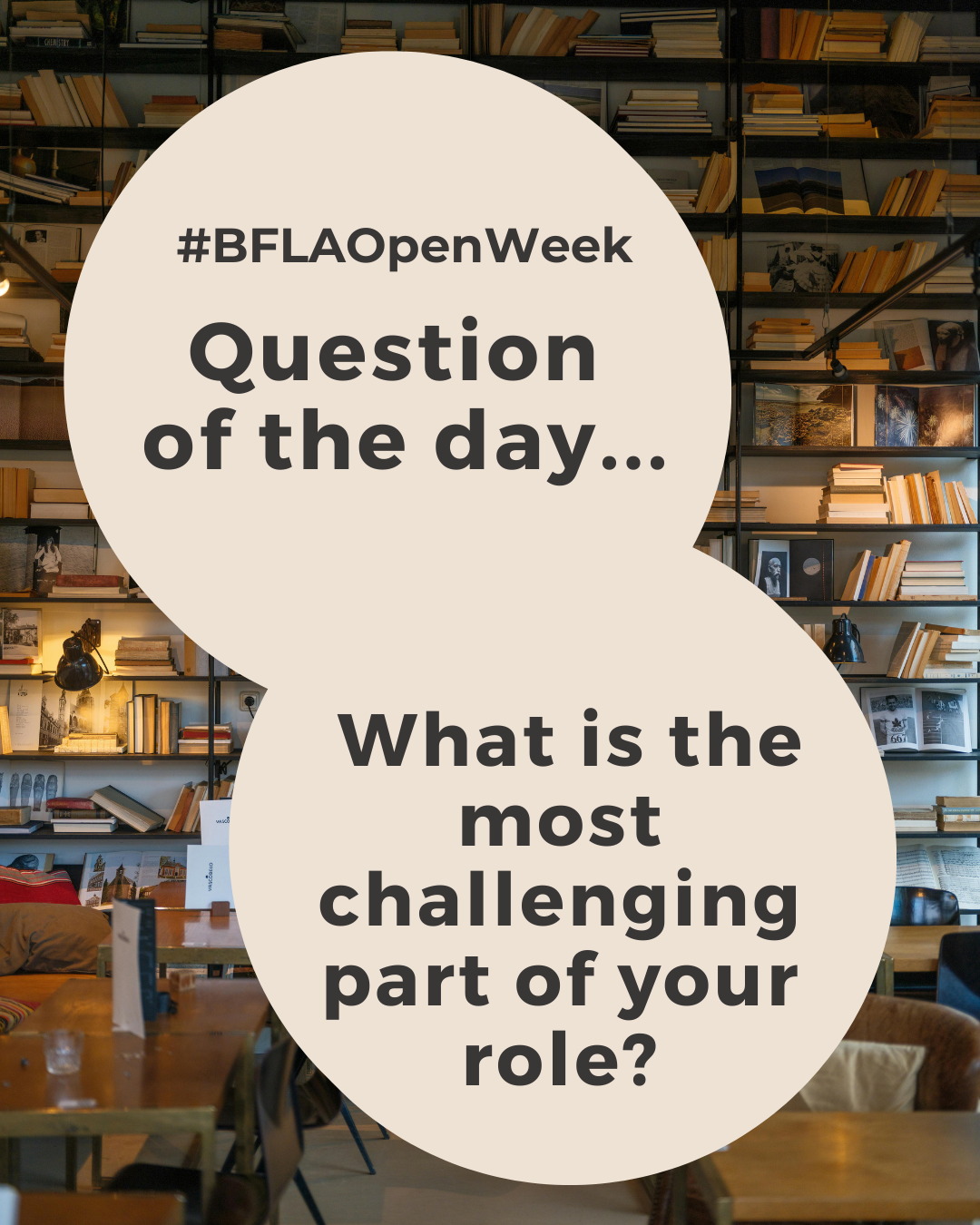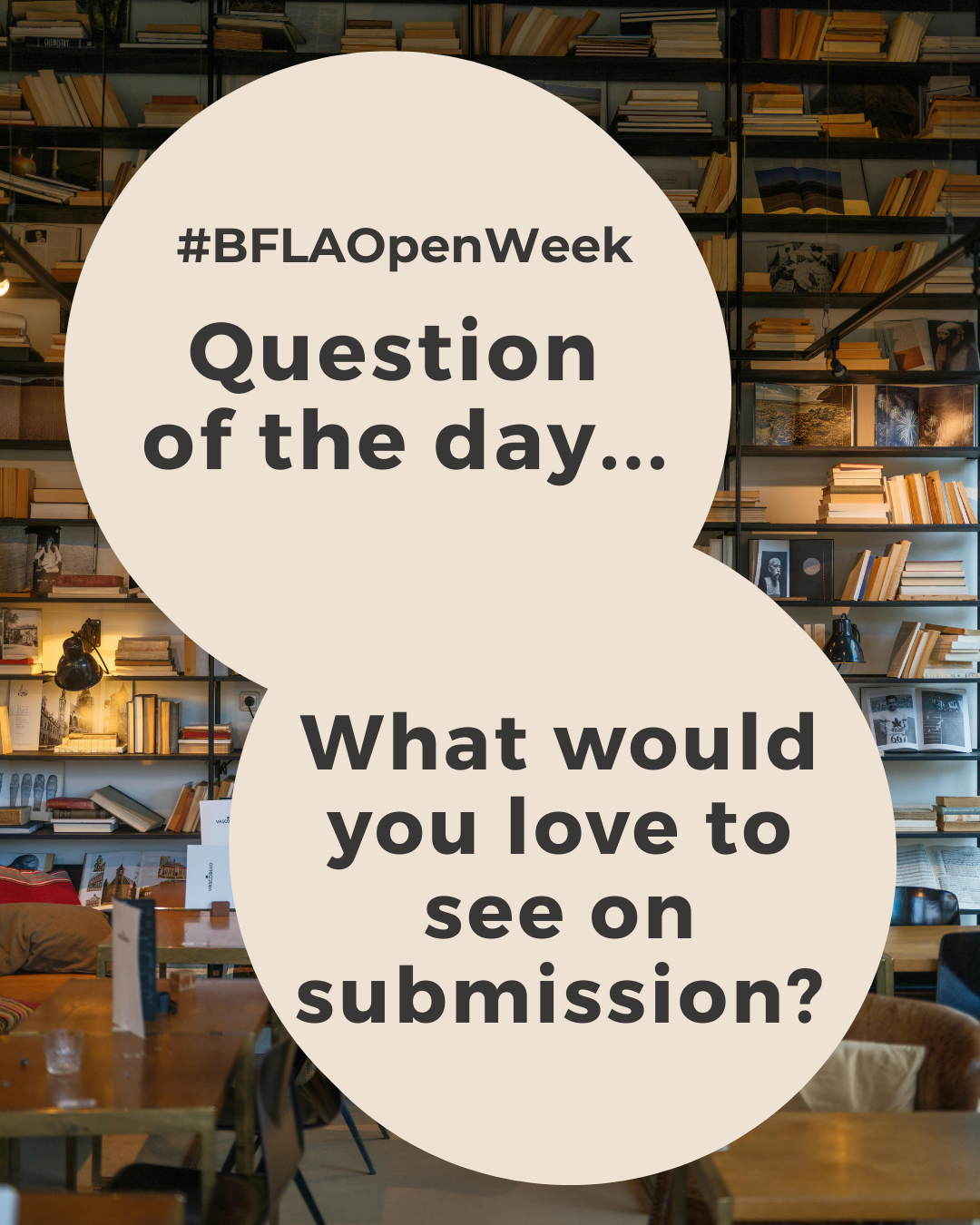Working with a literary agent about more than the book – it’s a partnership, that will hopefully be long-lasting, growing and changing as your publishing progresses. For today’s final Question of the Day, we put to the team:
What qualities do you look for in a client?
We hope you have enjoyed these insights into our team, and what we do here at Blake Friedmann – and remember, the whole archive for Question of the Day and previous years’ Open Week articles are all available on our Open Week page. Please read on to see everyone’s full responses!
Kate Burke, Senior Agent
Someone who’s willing to put in the work (publishing can be a long old road!), work collaboratively, someone who has energy, ambition and commitment (which I will match!), and lots of creative ideas for a long and successful career.
Sian Ellis-Martin, Associate Agent
Collaboration and trust are huge parts of the agent/author relationship, so I’m always looking for someone that’s open to working together on edits and book ideas and any other projects that might come up. It goes without saying but a writer needs to be a big reader; I always think that the best authors are the ones who really understand the genre that they’re writing into. I love working with authors who are in it for the long-haul, full of ideas for future books, and are truly dedicated to their writing.
Isobel Dixon, Head of Books
First off – in the submission letter, the quality of the text, and first conversations – I want a sense of integrity of purpose in the work. A seriousness about writing as a career, evident in what the author has already done to produce the text (in whatever genre) and what they aim to do in the future. ‘Passion’ and ‘determination’ are key words here, along with ‘resilience’ –which can be developed, with the right attitude towards the inevitable challenges. I seek to forge enduring author-agent relationships and need a sense that we can really work together through ups and downs.
Julian Friedmann, Chairman
Ambition and flexibility. Getting deals means offering investors a way of making money from your work, or in some cases, embracing it because it is important and beautifully written and must be published or produced because of the contribution it will make to the world.
Juliet Pickering, Vice Head of Books
Firstly, an exciting writer who has a long career ahead of them! Then, when we meet, I hope for openness, someone who can communicate and share their ambitions, and an author who’s collaborative on the editorial process. And, often, someone who shares a sense of humour about the idiosyncrasies of the industry, as they get to know it – and the wider world!
Finlay Charlesworth, Agent’s Assistant
First and foremost, passion: for their subject, for their craft, and their role as a participant in this vibrant industry.
It’s so important also to always keep an open-mind – whether during a tricky edit, or exploring new and varied options for publication that might not have been what you initially expected or hoped for. Publishing is a long game, after all!





